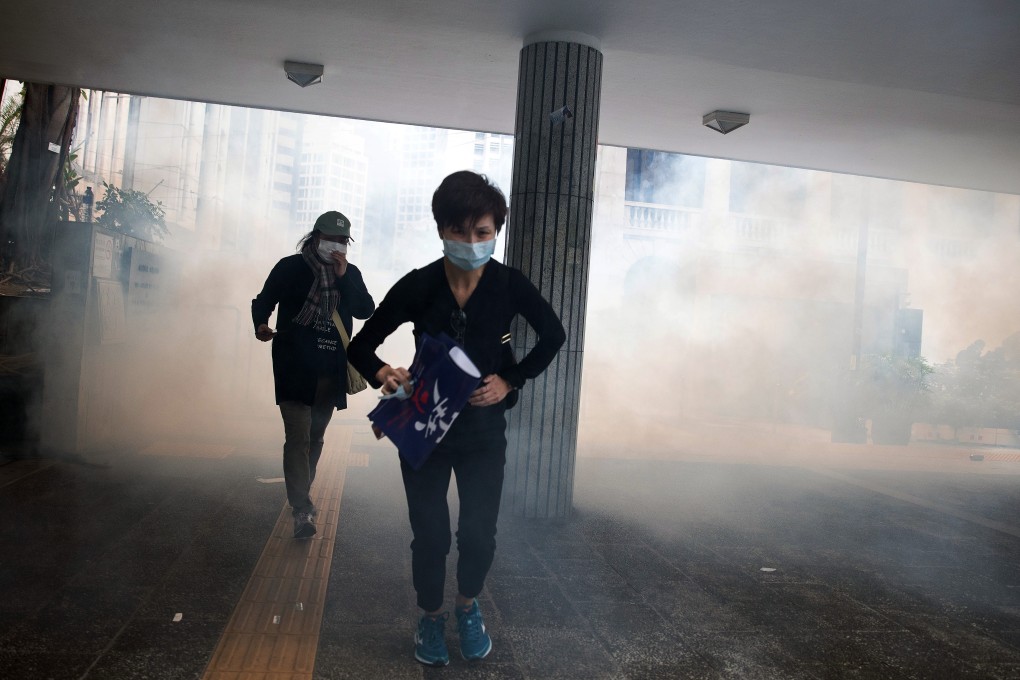My Take | Will ‘one country, two systems’ survive after 2047?
- The central and local governments are signalling the possibility of extending Hong Kong’s governing principle by which the city can continue its way of life beyond the guarantee of 50 years of no change

A friend who is also a senior government official recently castigated me for describing, in this column, 2047 as “the expiry date” for “one country, two systems”. Quoting the Basic Law, the Joint Declaration and learned opinions from both British and local legal experts, he pointed out that there was no reason that one country, two systems could not continue after that date.
It’s true that China has the option to end it under the constitutional guarantee of 50 years of no change by 2047, but it also has the option to let it continue. Think of the latter as a possible way out for both sides – the opposition/protest movement and the governments in Beijing and Hong Kong.
Chief Executive Carrie Lam Cheng Yuet-ngor said as much recently in the legislature: “My view is that, as long as we insist on the one country, two systems principle, with the in-depth implementation of the principle and ample understanding, which fits the interests of Hong Kong citizens, then there is sufficient reason to believe that one country, two systems will be practised smoothly in the long term, and will not be changed after 2047.”
Speaking at about the same time, Luo Huining, the Liaison Office’s new director, similarly said that people should place their hope in one country, two systems.
I and others have argued the violent protests of the last eight months have offered more incentive than ever for Beijing to absorb the city into the rest of the country as quickly as practicable, in the lead-up to 2047 and definitely thereafter. In a vengeful mood, Beijing may even make sure that post-2047, Hong Kong will have even less room to administer itself than other major Chinese cities.

